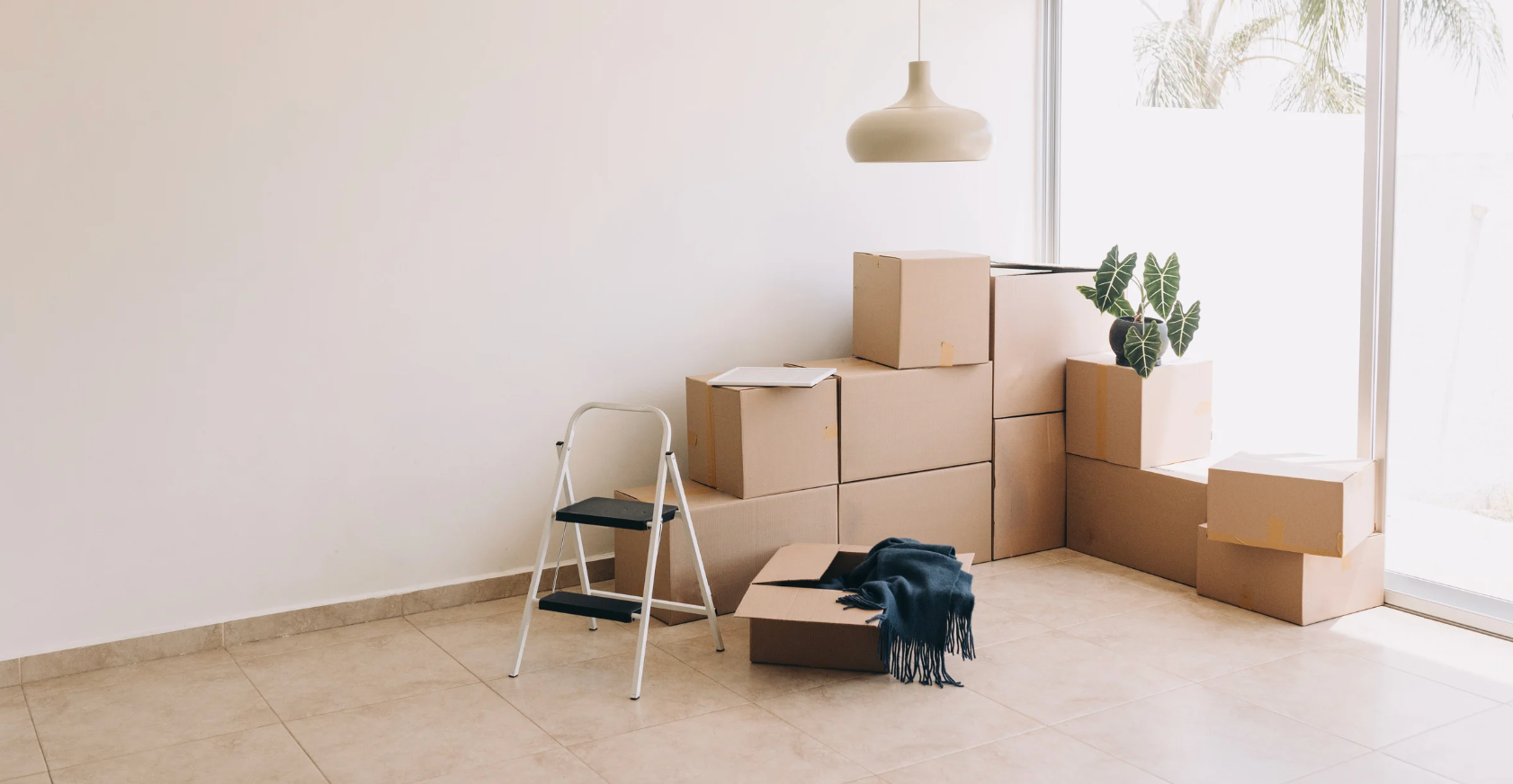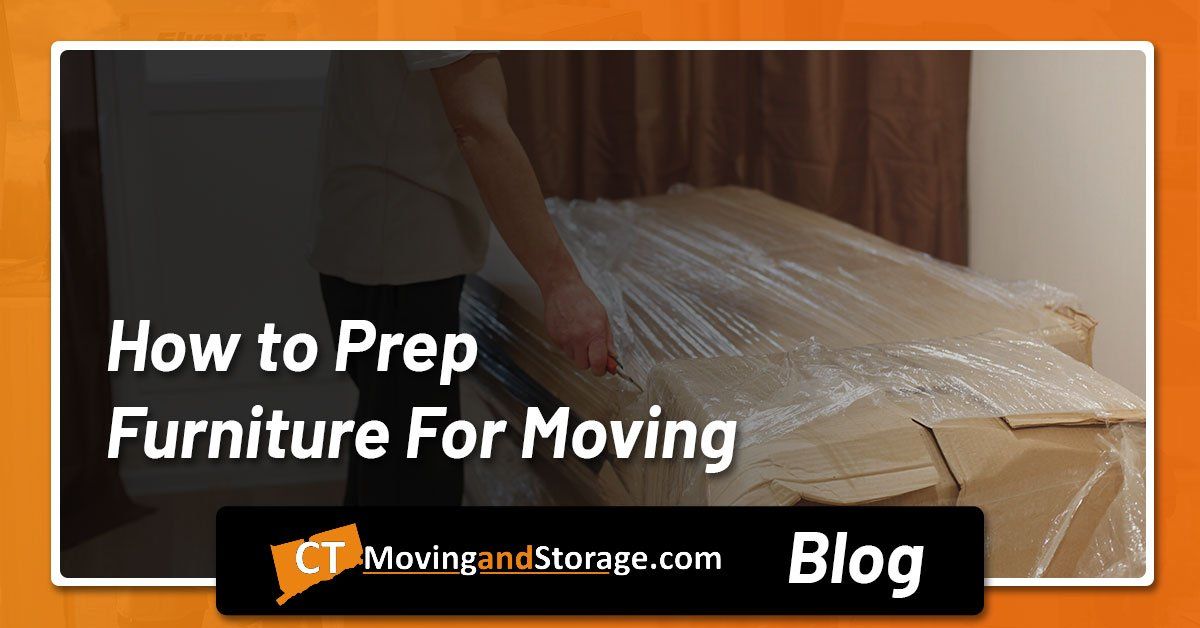How to Prepare Your Garden and Plants for a Move
If you’ve spent time nurturing a garden or collecting houseplants, you know they’re more than just décor—they’re part of your home. So what happens when it’s time to move? Bringing plants with you is totally doable, but it does take a little planning. Whether you’re relocating across town or across the state, here’s how to get your green friends ready for the big move.
1. Decide What to Take With You
Before you start digging or repotting, consider a few key things:
- Will you have space for these plants at your new home?
- Are any of the plants too large, fragile, or deeply rooted to move easily?
- Are you moving across state lines where there might be agricultural restrictions?
If there are any plants you can’t take, think about gifting them to a neighbor, family member, or local community garden.
2. Prep Your Outdoor Plants
If you’re planning to take flowers, herbs, or small shrubs from your garden:
- Dig them up a few days before the move. Try to keep the root ball as intact as possible.
- Transfer them into pots or temporary containers. Use lightweight plastic pots for easier transport.
- Water them well. But not so much that they’re soggy—just enough to keep them hydrated.
Keep them in a shaded area and out of direct sun before moving day.
3. Care for Your Houseplants Ahead of Time
A week or two before the move:
- Prune dead or excess growth. This reduces stress and makes them easier to pack.
- Check for pests. You don’t want to bring any bugs with you.
- Water a day or two before the move. The soil should be slightly moist, not soaked.
If your houseplants are in heavy ceramic pots, consider repotting them into lighter containers for the trip.
4. Use the Right Packing Materials
Plants are sensitive to bumps, heat, and lack of airflow. Here’s how to help them travel safely:
- Box them carefully. Place plants upright in open-topped boxes. Use crumpled paper to keep them from tipping over.
- Label everything. Clearly mark the boxes as “LIVE PLANTS” and “THIS SIDE UP.”
- Avoid direct sun and extreme temps. Keep them inside your car if possible—not in the moving truck.
For delicate or hanging plants, consider wrapping the foliage lightly with paper for protection.
5. Timing Is Everything
Try to move plants last and unpack them first. This reduces the amount of time they spend boxed up or without light.
If you're using a professional moving company, check ahead to see if they allow live plants in the truck. Many don’t due to liability or temperature control concerns, especially on long-distance moves.
6. Settle Them Into Their New Home
Once you arrive:
- Unpack them right away. Get them back into natural light and out of the box.
- Wait a few days before fertilizing. Give them time to recover from the shock.
- Watch for signs of stress. Some wilting or drooping is normal, but they should bounce back with proper care.
If you transplanted garden plants, keep them well-watered and out of harsh sun while they adjust.
Need Help With the Move?
At CT Moving and Storage, we understand that your belongings are more than just items—they’re part of your life, and that includes your plants. Whether it’s a cherished houseplant or a garden you've nurtured for years, we’re here to help you move them with care. Our team works with you to plan the details, offering guidance and support to ensure everything arrives safely. Whether you're moving within Connecticut or beyond, you can count on us to make the entire process smooth, thoughtful, and as stress-free as possible. Contact us today to learn more about our professional packing and moving services.
You might also like








